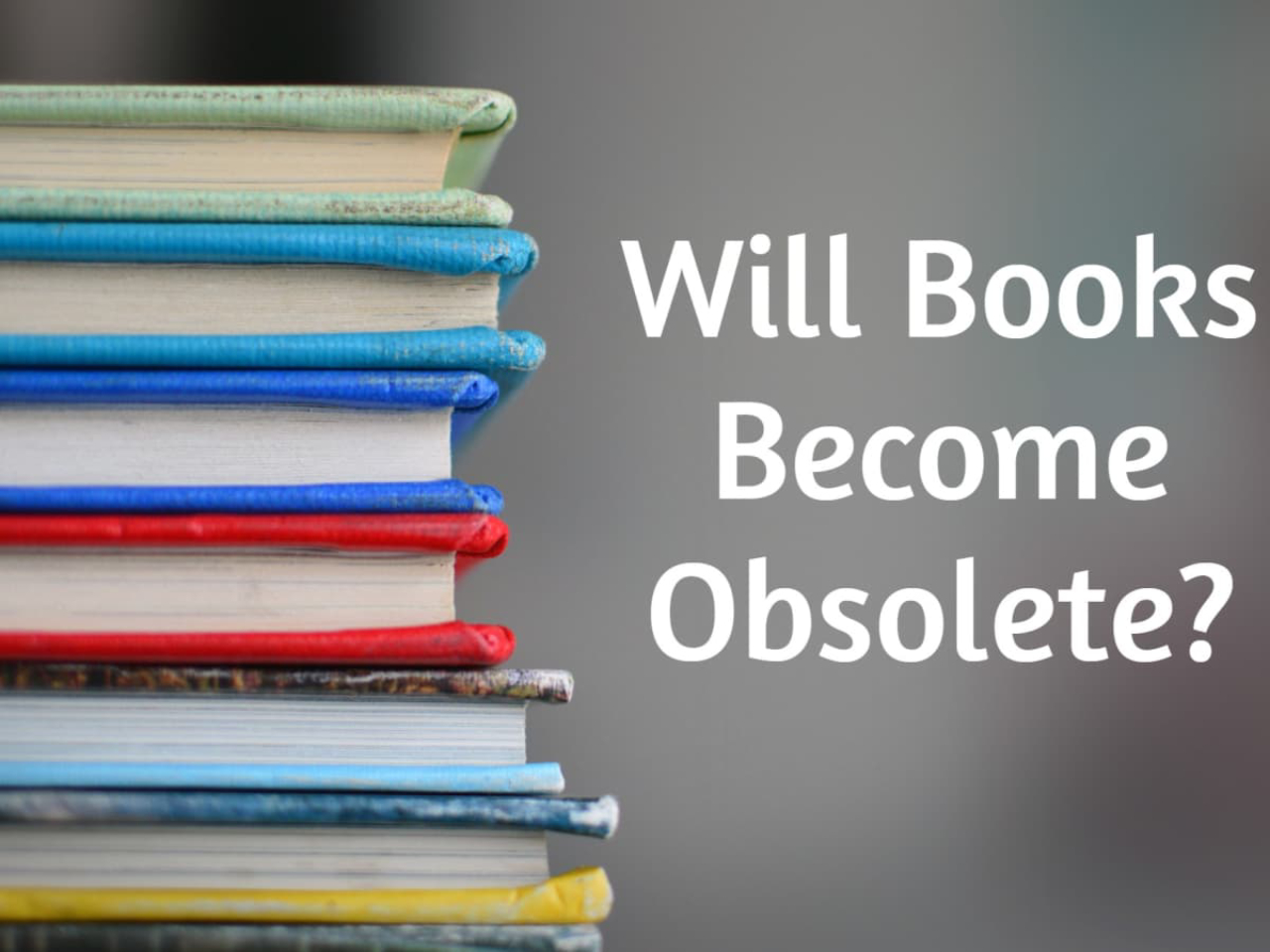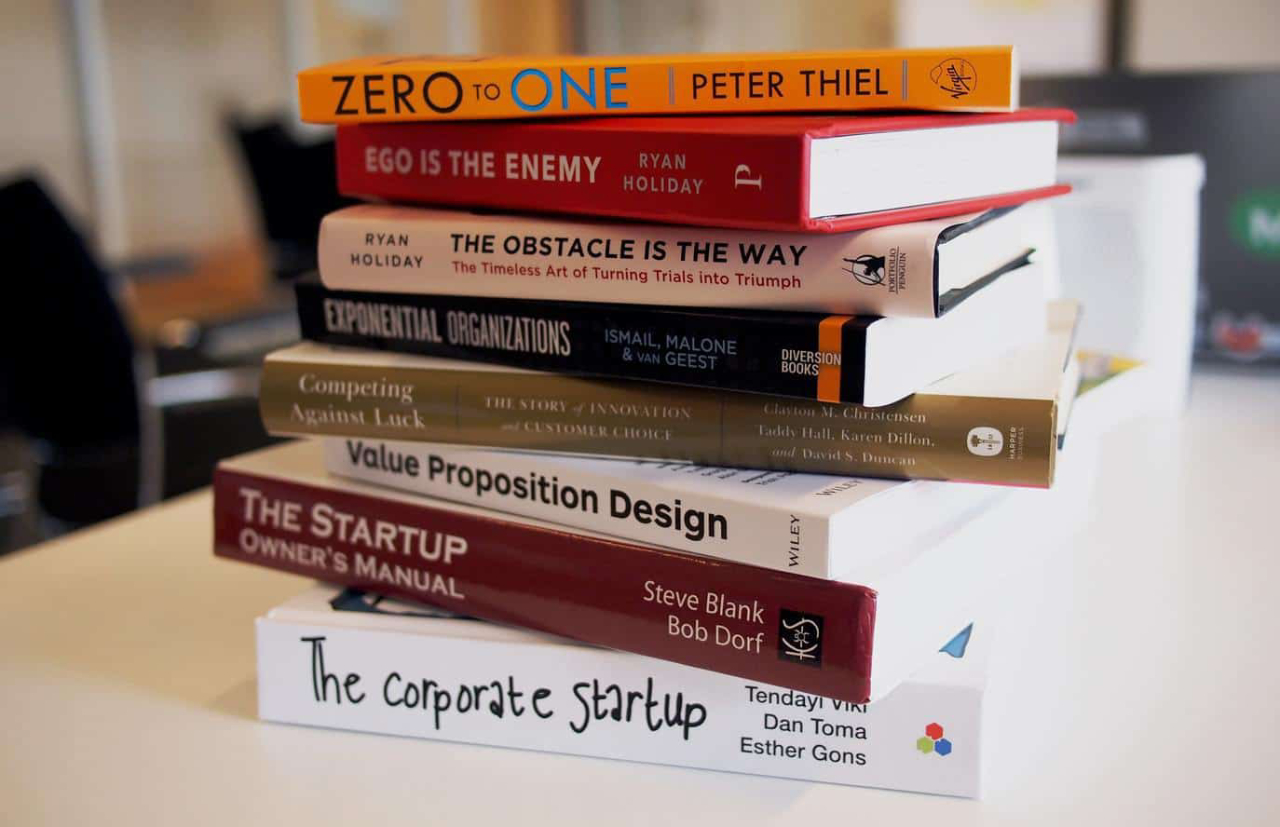In today’s digital age, where e-readers and smartphones have become ubiquitous, one may question the relevance and future of physical books. As technology continues to advance, digital books have gained popularity due to their convenience and accessibility. However, physical books still hold a special place in the hearts of many readers. This article explores the pros and cons of physical books and discusses whether they are truly becoming obsolete.
Introduction
Physical books have been treasured for centuries, providing a tangible and immersive reading experience. They offer a break from the screen-centric world we live in, allowing readers to engage with literature in a more traditional way. However, the advent of digital books has revolutionized the reading landscape, with electronic devices offering a vast library at our fingertips.
Definition of Physical Books
Physical books refer to printed copies of literary works that can be held, touched, and read without the need for electronic devices. They encompass hardcovers, paperbacks, and other formats that have been the primary means of reading for centuries.
Rise of Digital Books
The rise of digital books, also known as e-books, has been fueled by technological advancements and the increasing popularity of e-readers and smartphones. With a single device, readers can access thousands of books, customize reading settings, and carry their entire library wherever they go. This convenience has led to a significant shift in reading habits.
Benefits of Physical Books
Despite the convenience of digital books, physical books offer unique advantages that continue to captivate readers worldwide.
Tangible Experience
The physicality of a book provides a sensory experience that cannot be replicated digitally. The weight, texture, and smell of the pages contribute to the overall reading experience, creating a deeper connection with the content. Flipping through the pages, bookmarking favorite passages, and even the sound of the turning pages all add to the joy of reading.
Visual Appeal
Physical books are aesthetically pleasing objects, with beautifully designed covers and intricate illustrations. They can enhance the overall reading experience and serve as decorative items in homes and libraries. Many readers appreciate the visual aspect of physical books and enjoy collecting them as works of art.
Minimal Distractions
One of the drawbacks of digital books is the potential for distractions. Notifications, emails, and other apps can interrupt the reading process, leading to decreased focus. Physical books offer a respite from the digital noise, allowing readers to immerse themselves in the narrative without interruptions.
Memory Retention
Research suggests that reading physical books can enhance memory retention and comprehension. The tactile experience of flipping through pages and physically interacting with the text stimulates different areas of the brain, aiding in better recall of information. Physical books can be particularly beneficial for educational purposes and deep learning.
Emotional Connection
Physical books hold sentimental value for many readers. The act of owning and lending a physical book creates a personal connection between the reader and the text. The nostalgia associated with browsing bookstore shelves, discovering hidden gems, and sharing recommendations fosters a sense of community and human connection.
Bookstore Culture
Physical bookstores play a crucial role in fostering a literary community. They offer a place for book lovers to browse, discover new titles, attend author events, and engage in discussions. Bookstore culture promotes a love for reading, encourages interaction between readers and authors, and creates a vibrant and inclusive space.
Challenges
While physical books offer unique benefits, they also present some challenges that have contributed to the rise of digital books.
Limited Portability
Physical books can be bulky and heavy, making them less convenient to carry around, especially when traveling. Their physical nature restricts the number of books one can carry at a given time. In contrast, e-books allow readers to carry an entire library in a slim device, making them more portable and travel-friendly.
Storage and Space Constraints
A significant challenge with physical books is the need for storage space. Accumulating a sizable book collection requires adequate shelving and storage solutions. This can be a limitation for individuals with limited living space or those who frequently relocate. Digital books, on the other hand, require minimal physical space as they are stored electronically.
Environmental Impact
The production of physical books involves the use of paper, ink, and energy, contributing to environmental impact. Deforestation, carbon emissions, and waste generation are some of the concerns associated with the publishing industry. E-books, being digital, have a smaller ecological footprint, making them a more environmentally friendly choice.
Accessibility
Physical books may pose accessibility challenges for individuals with visual impairments or other print disabilities. While efforts have been made to produce books in accessible formats, digital books offer more flexibility in terms of font size, audio narration, and other assistive features. This inclusivity aspect makes digital books a preferred choice for some readers.
The Future
Despite the growing popularity of digital books, physical books are unlikely to become completely obsolete. Both formats will likely coexist, catering to different preferences and reading contexts.
Coexistence of Physical and Digital Books
Physical and digital books serve different purposes and cater to diverse reading preferences. While digital books offer convenience and portability, physical books provide a sensory experience and a nostalgic appeal. Many readers enjoy the variety and adapt their reading habits based on the context and content.
Nostalgic Appeal
Physical books evoke a sense of nostalgia and tradition. The smell of old books, the feeling of holding a worn-out favorite, and the memories associated with physical libraries are deeply ingrained in our cultural history. This nostalgic appeal ensures that physical books will continue to be cherished by book enthusiasts and collectors.
Conclusion
While digital books have undoubtedly transformed the way we read, physical books retain their charm and unique qualities that resonate with readers. The tactile experience, visual appeal, minimal distractions, memory retention, emotional connection, and bookstore culture contribute to their enduring relevance. As readers, we have the privilege to choose the format that suits our preferences, ensuring that physical books continue to coexist with their digital counterparts.





